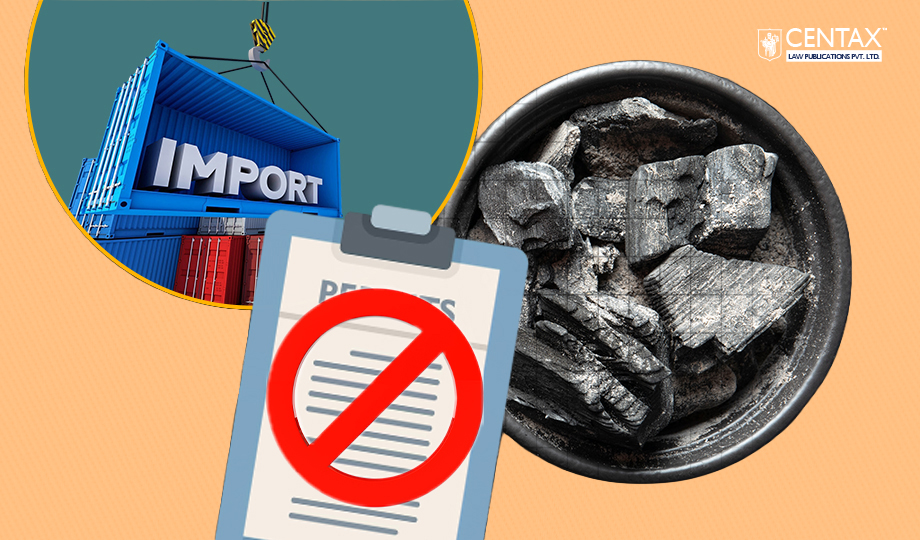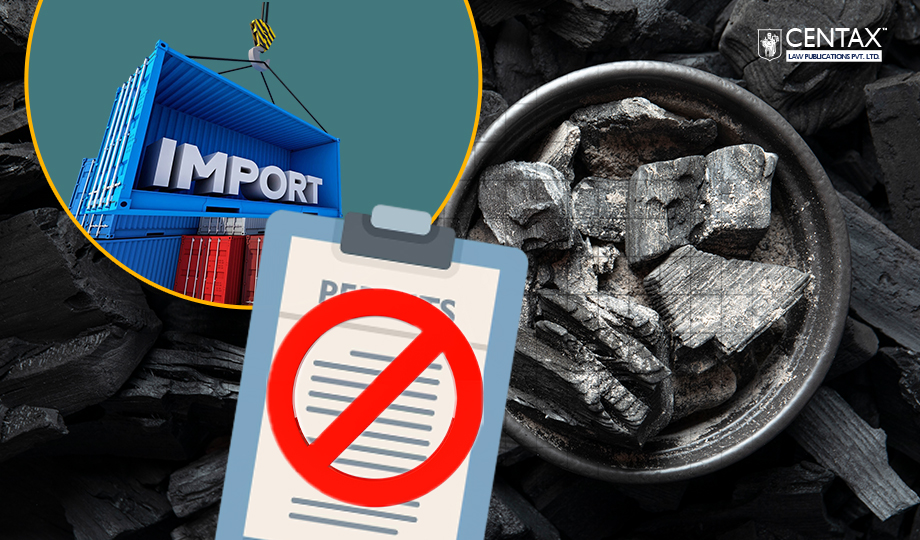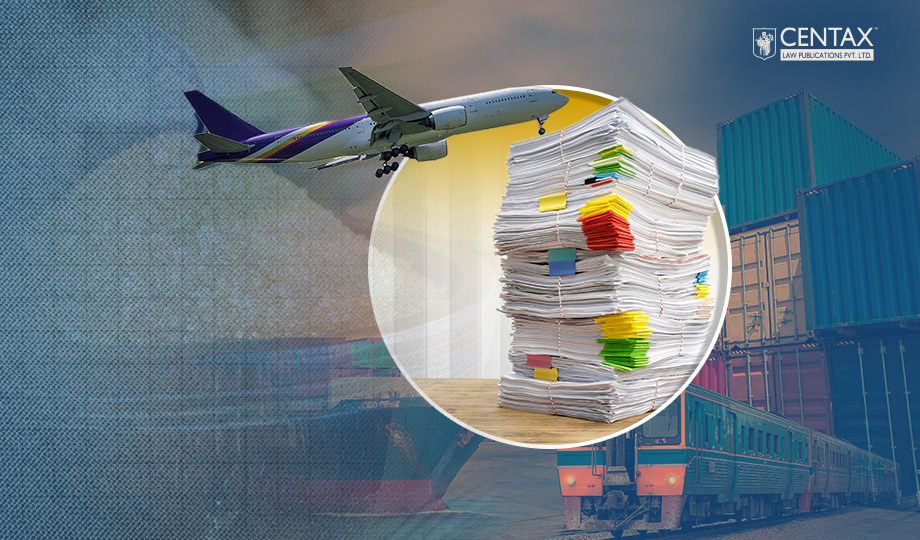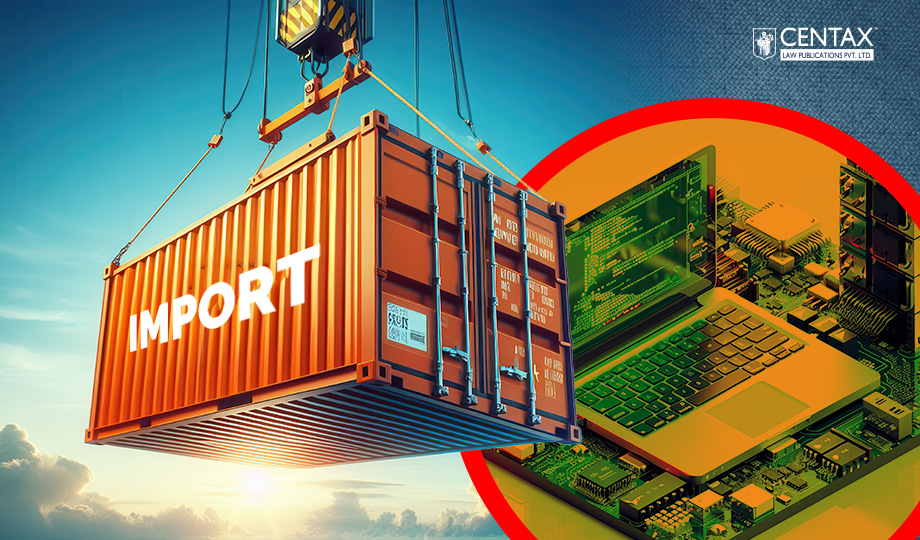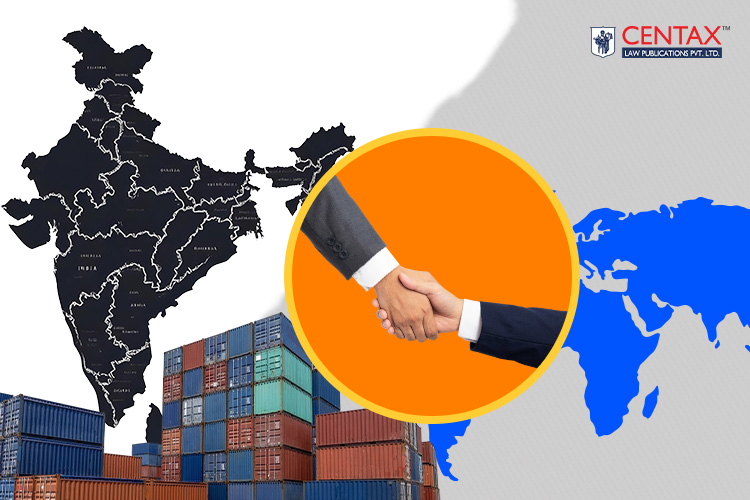
Free Trade Agreements (FTAs) are treaties between two or more countries to reduce or eliminate trade barriers—such as tariffs, import quotas, and export restrictions—on goods and services traded between them. The primary objective of FTAs is to promote and facilitate cross-border trade by creating a more predictable and transparent trading environment.
Table of Contents
- Introduction
- FTA/PTA
- Free Trade Agreements (FTAs) Signed by India
- Preferential Trade Agreements (PTAs) Signed by India
- Fees for Issuance of Preferential Certificate of Origin
- Unilateral Tariff Preferences
1. Introduction
India’s trade agreements, including 13 FTAs and 6 PTAs as of March 2023, play a crucial role in expanding market access, enhancing global trade integration, and ensuring a balanced regulatory framework. These agreements facilitate international commerce while safeguarding domestic interests. With ongoing negotiations with key partners like the UK, EU, and Canada, India continues to strengthen its trade network through structured trade policies and facilitation measures.
2. FTA/PTA
India has consistently advocated for a transparent, equitable, inclusive, predictable, and rules-based international trading system. In line with this commitment, India’s trade agreements serve as a strategic approach to integrating the Indian economy into global trade while ensuring measured and calibrated exposure to international competition.
As of March 2023, India has entered into 13 Free Trade Agreements (FTAs) and 6 Preferential Trade Agreements (PTAs). Additionally, India is actively engaged in negotiations for various FTAs with key trading partners, including the India-UK Free Trade Agreement, India-EU Free Trade Agreement, and India-Canada Comprehensive Economic Partnership Agreement (CEPA)/Early Progress Trade Agreement (EPTA).
3. Free Trade Agreements (FTAs) Signed by India
The following FTAs have been signed by India:
- India-Sri Lanka FTA
- South Asian Free Trade Agreement (SAFTA)
- Revised Agreement of Cooperation between India and Nepal to Control Unauthorised Trade
- India-Bhutan Agreement on Trade, Commerce, and Transit
- India-Thailand FTA – Early Harvest Scheme (EHS)
- India-Singapore Comprehensive Economic Cooperation Agreement (CECA)
- India-ASEAN CECA (Goods, Services, and Investment)
- India-South Korea Comprehensive Economic Partnership Agreement (CEPA)
- India-Japan CEPA
- India-Malaysia CECA
- India-Mauritius CECPA
- India-UAE CEPA
- India-Australia Economic Cooperation and Trade Agreement (ECTA)
4. Preferential Trade Agreements (PTAs) Signed by India
India has also signed the following PTAs:
- Asia-Pacific Trade Agreement (APTA)
- Global System of Trade Preferences (GSTP)
- India-Afghanistan PTA
- India-MERCOSUR PTA
- India-Chile PTA
- SAARC Preferential Trading Arrangement (SAPTA)
5. Fees for Issuance of Preferential Certificate of Origin
A fees is applicable for issuing a Preferential Certificate of Origin. These fees also apply as verification charges for Rules of Origin certificates issued under any FTA when verification is required. Notably, the Tatkal Certificate of Origin service previously provided by certain agencies will be discontinued.
The Certificate of Origin will be delivered within 24 hours or one working day from the time of application submission.
6. Unilateral Tariff Preferences
Under unilateral tariff preference schemes, both developed and developing countries grant tariff concessions to exports originating from developing countries, including Least Developed Countries (LDCs).















